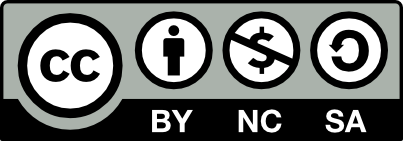Nurturing Health through Symbiotic Relationship: Family Medicine and Medical Education Symbiotic Relationship: Family Medicine and Medical Education
Main Article Content
Abstract
Within medical education, Family Medicine introduces students to the concepts of continuity of care, prevention, health promotion, and the social determinants that affect health. Through early clinical exposure in family practice settings, students develop important skills in communication, clinical reasoning, and patient management in real-world, often resource-limited situations. This experience nurtures empathy and a wider understanding of population health. Additionally, Family Medicine acts as a model for interprofessional education. Family physicians typically collaborate in multidisciplinary teams, providing medical students with insights into collaborative care practices that are essential for contemporary healthcare systems. By incorporating Family Medicine into their curricula, medical schools nurture professionals who are not only clinically competent but also committed to community service, primary care, and lifelong learning. In this manner, Family Medicine enhances both the quality and relevance of medical education, ultimately contributing to more equitable and effective health systems.
Keywords: Comprehensive Health Care, Primary Health Care, Patient-Centered Care, Family Medicines, Community health Services
Downloads
Article Details

This work is licensed under a Creative Commons Attribution-NonCommercial-NoDerivatives 4.0 International License.
Journal of Muhammad Medical College (J Muhammad Med Coll) belief that all researches are basically conducted for the benefit of humanity. Research is the product of an investment by society and consequently its fruits should be returned in a transparent fashion to all humankind without any discrimination.
Journal of Muhammad Medical College is an open access journal which means that all content is freely available without charge to users or / institution. When used non-commercially all users are allowed to read, download, copy, distribute, print, search, or link to full text articles in this journal without asking prior permission from the publisher or author as long as original author(s) are acknowledged.
Journal of Muhammad Medical College operate under Creative Common License CC-BY-SA that allow reproduction of articles free of charge, for non-commercial use only and with the appropriate citation information. All authors publishing with Journal of Muhammad Medical College accept these as the terms of publication.

This work is licensed under a Creative Commons Attribution-NonCommercial-ShareAlike 4.0 International License